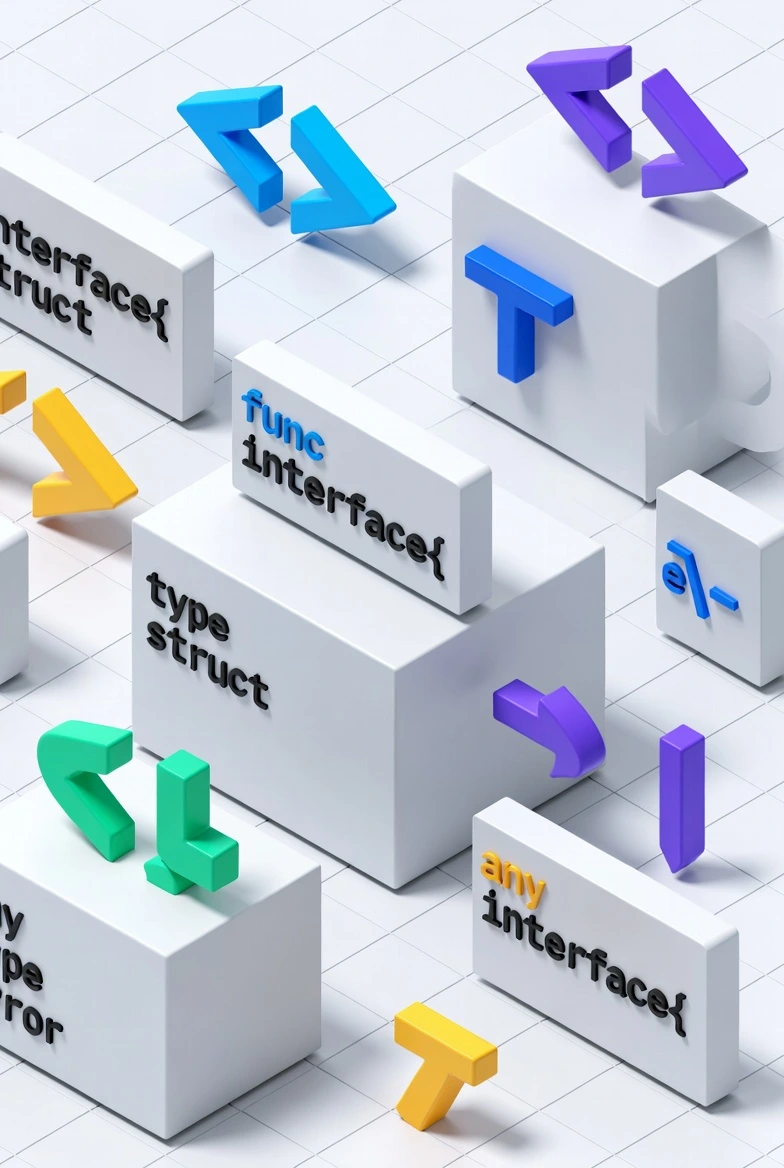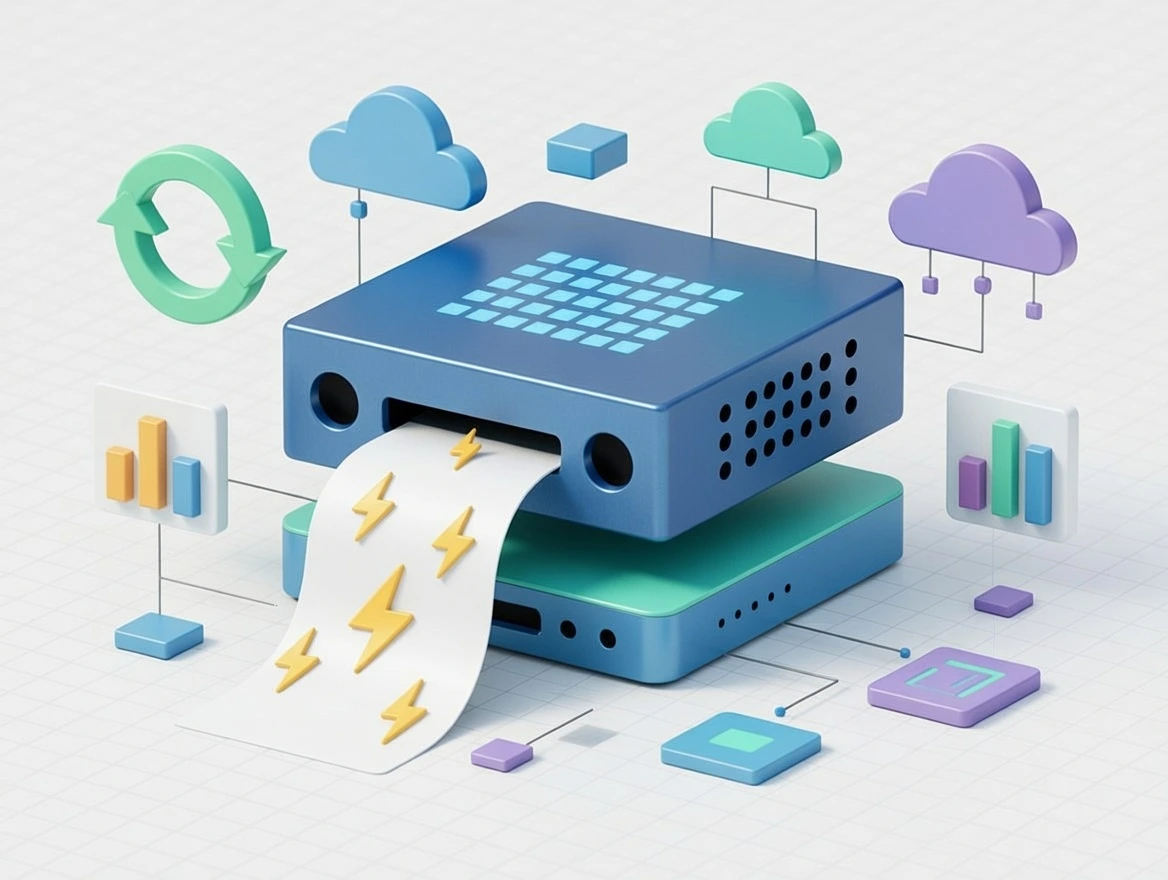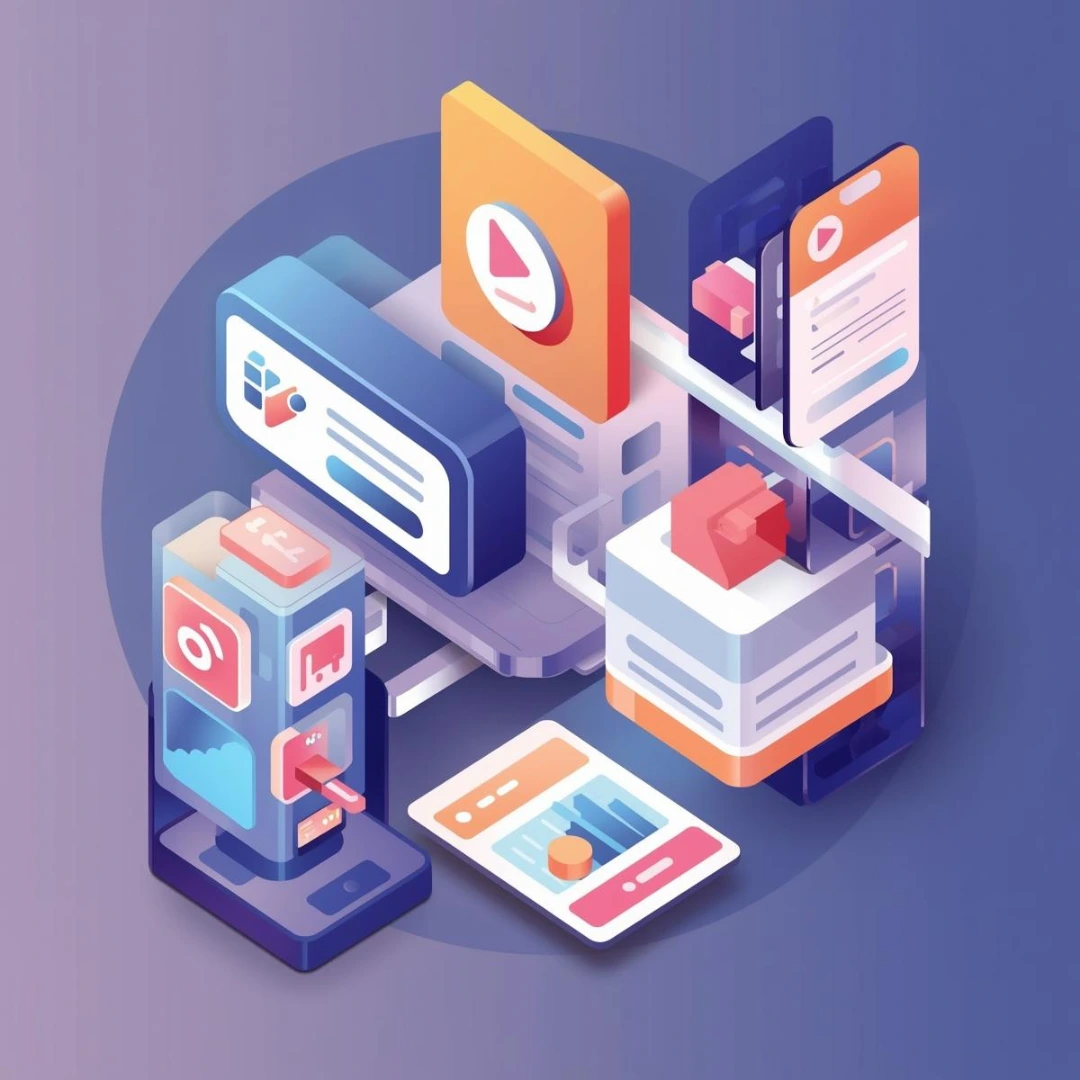
Victoria Olajide
Product & Content Marketing at Devcenter.
Article by Victoria Olajide, Product Marketing Manager, Devcenter.
The Power of Behavioral Assessment Interviews
When it comes to hiring software developers, technical skills are undoubtedly important. However, your company needs more. You need a team that can communicate effectively, collaborate seamlessly, and adapt swiftly. Behavioural assessment interviews offer insight into a candidate's soft skills, mindset, and alignment with your organization's values. These insights can guide your hiring decisions, contributing not just to technical excellence but also to team dynamics and long-term success.
Effective Behavioral Questions
1. Adapting in the Face of Failure:
Describe a time when a project you were deeply invested in didn't go as planned. How did you handle the setback, and what did you learn from the experience?
2. Navigating Team Dynamics:
Can you share an example of a situation where you disagreed with a team member? How did you approach resolving the conflict while maintaining a positive working relationship?
3. Innovative Problem-Solving:
Tell us about a complex coding challenge you encountered. How did you approach the problem, and what creative strategies did you employ to overcome it?
4. Balancing Priorities:
Share an instance when you had to juggle multiple tasks or projects simultaneously. How did you prioritize your work and manage your time effectively?
5. Collaborating:
Have you worked in a remote or distributed team? Describe how you ensured effective communication, collaboration, and alignment despite geographical distances.
6. Mentorship and Growth:
Can you recount an experience where you played a mentorship role for a colleague or junior team member? How did you contribute to their growth and development?
7. Embracing Feedback:
Tell us about a time when you received constructive criticism on a project. How did you react to the feedback, and how did it impact your work moving forward?
8. Resilience in Complexity:
Describe a scenario where you encountered a particularly challenging technical problem. How did you approach unravelling the complexities, and what strategies did you employ to find a solution?
These questions help you understand a candidate's thought process, adaptability, and interpersonal skills.
Build Exceptional Teams
As you attempt to use and take advantage of behavioural assessment interviews for software developers, remember that this approach isn't just about finding candidates, it's about building exceptional teams. By discovering the behavioural attributes that align with your organization's DNA, you're shaping a future where technical excellence works with collaboration, innovation, and adaptability.
Read more: #5 Ways Team Communication Stops Workplace Conflict Before It Starts
Hire the Best with Gigson
Gigson helps you hire talents who showcase problem-solving skills, embrace teamwork, and have a resilient approach to challenges.
Gigson is a service that identifies top-notch tech talent and also expertly manages their performance, reducing the complexities associated with hiring and managing software developers. With a primary focus on talent retention, Gigson has built a behavioural management structure that allows developers to thrive, ensuring that your team remains a powerhouse of innovation and expertise.
Start hiring from Gigson: Hire from Gigson
45 behavioral interview questions for software developers, categorized to help you prepare.
Teamwork & Collaboration
- Tell me about a time you had a conflict with a coworker. How did you resolve it?
- Describe a project where you had to work with people from different teams or departments. What were the challenges?
- Have you ever worked with a difficult team member? How did you handle the situation?
- Give an example of a time you disagreed with your manager's technical approach. What did you do?
- How do you approach code reviews? Describe a time you gave difficult feedback on a teammate's code.
- Tell me about a time you received critical feedback on your code. How did you respond?
- Describe a situation where you had to explain a complex technical concept to someone without a technical background.
- Tell me about a successful project you were a part of. What was your role and what made the team successful?
- Describe a time you had to rely on a teammate to complete a task.
- How do you build rapport with your team members?
Problem-Solving & Decision-Making
- Walk me through a time you faced a significant technical challenge. How did you solve it?
- Describe a complex bug you had to diagnose. What was your process?
- Tell me about a decision you made with limited information or ambiguity. What was the outcome?
- Give an example of a time you had to choose between multiple technical solutions. What was your thought process?
- Describe a time you had to troubleshoot a production issue under pressure.
- Tell me about a time you had to balance technical debt with shipping a feature quickly.
- How do you approach estimating the time and effort for a large project?
- Describe a situation where a project's requirements changed suddenly. How did you adapt?
- Tell me about a time you made a technical decision that turned out to be wrong. What did you learn?
- Have you ever identified a potential problem in a project before it became a major issue? What did you do?
Adaptability & Learning
- Tell me about a time you had to learn a new technology or programming language quickly.
- How do you stay up-to-date with the latest trends in software development?
- Describe a situation where you had to work on a legacy codebase. What were the challenges?
- Tell me about a time you had to switch between multiple projects or priorities.
- Describe a project that was outside of your comfort zone. How did you handle it?
Leadership & Initiative
- Have you ever mentored a junior developer? What was your approach?
- Tell me about a time you took ownership of a project that was failing or behind schedule.
- Describe a situation where you saw a process that could be improved. What steps did you take?
- Give an example of a time you went above and beyond your required duties.
- Have you ever had to persuade your team to adopt a new tool or technology?
- Tell me about a time you led a technical discussion or design session.
- Describe a time you contributed to improving your team's development standards or best practices.
- Have you ever had to make an unpopular decision for the good of the project?
Handling Failure & Feedback
- Tell me about a time you missed a deadline. What happened and what did you learn?
- Describe a project that failed. What was your role and what would you do differently next time?
- Walk me through a mistake you made at work. How did you handle it?
- Tell me about a time you received negative feedback from a manager or peer.
- How do you deal with ambiguity or changing priorities?
- Describe a time you were under a lot of pressure. How did you manage your stress?
Motivation & Values
- What is the most challenging project you've ever worked on? What made it challenging?
- What is the technical accomplishment you are most proud of?
- What motivates you as a software developer?
- How do you handle repetitive or mundane tasks?
- What do you look for in a team or work environment?
- Why are you interested in working for our company?
FAQs
1. How do behavioural assessment interviews specifically contribute to building exceptional teams beyond just finding candidates with technical skills?
Ans: Behavioral assessment interviews play a crucial role in shaping exceptional teams within tech startups by focusing on candidates' behaviour styles, adaptability, and alignment with the organization's values. Beyond evaluating technical skills, these interviews provide insights into how candidates handle challenges, collaborate with others, and approach problem-solving. By understanding candidates' behaviour styles and interpersonal dynamics, tech startup leaders can assemble teams that not only excel in technical excellence but also thrive in communication, collaboration, and adaptability, fostering a culture of innovation and long-term success.
2. What specific strategies or methodologies does Gigson employ to identify and assess soft skills and behavioural attributes in software developers during the hiring process?
Ans: Gigson employs a comprehensive approach to identify and assess soft skills and behavioural attributes in software developers during the hiring process. Utilizing advanced behavioural assessment techniques and methodologies, Gigson evaluates candidates' responses to tailored behavioural interview questions designed to uncover their problem-solving skills, teamwork abilities, resilience, and adaptability. Additionally, Gigson utilizes cutting-edge technology and data analytics to analyze candidates' behavioural patterns and predict their potential success within a tech startup team structure. By leveraging these strategies, Gigson ensures that only top-notch talent, showcasing the desired behaviour styles and attributes, is recommended to clients, facilitating the formation of exceptional teams.
3. Can you provide examples or case studies illustrating the direct correlation between candidates' performance in behavioural assessment interviews and their subsequent success within a software development team?
Ans: Examples and case studies demonstrate the direct correlation between candidates' performance in behavioural assessment interviews and their subsequent success within a tech startup team structure. For instance, a software developer who effectively demonstrates resilience and innovative problem-solving skills during the interview process is likely to navigate complex technical challenges within the team effectively. Similarly, a candidate who showcases strong collaboration and mentorship abilities is more likely to contribute positively to team dynamics and foster a culture of continuous learning and growth. By showcasing real-life success stories and testimonials, Gigson reinforces the importance of behavioural assessment interviews in identifying and selecting candidates who align with a tech startup's unique culture and values, ultimately driving organizational success.




